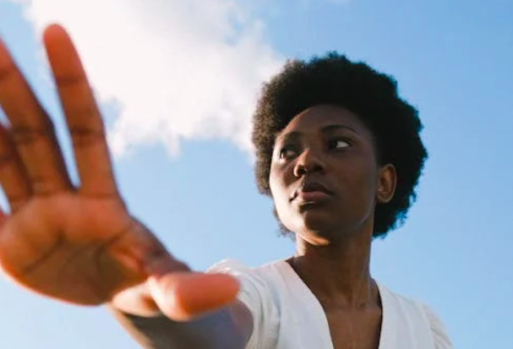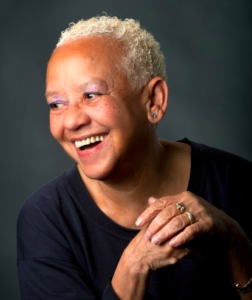
her grandmother called her from the playground
“yes, ma’am”
“i want chu to learn how to make rolls” said the old
woman proudly
but the little girl didn’t want
to learn how because she knew
even if she couldn’t say it that
that would mean when the old one died she would be less
dependent on her spirit so
she said
“i don’t want to know how to make no rolls”
with her lips poked out
and the old woman wiped her hands on
her apron saying “lord
these children”
and neither of them ever
said what they meant
and i guess nobody ever does

Credit: poetryfoundation.org
In “Legacies,” American poet Nikki Giovanni elicits the unspoken words that hang between a grandmother and a young girl. Both are aware of their limited time together. And yet, the young girl resists her grandmother’s invitation to learn to make rolls, “poking her lips out” in impudence. Still, she does so not out of disinterest, but because she wants to remain “dependent on her spirit” when the grandmother dies. Perhaps she believes she can do so by recalling the rolls her grandmother used to make; perhaps, by relying on her grandmother’s transmission from beyond the grave in order to form them herself. Or perhaps she simply does not want to acknowledge that one day her grandmother will be gone.
Giovanni’s final lines – “neither of them ever / said what they meant / and i guess nobody ever does” – expands this small drama to a global scale, acknowledging the unstated love and care that commonly passes between family members.
Born in Knoxville, Tennessee, Giovanni studied at Fisk University, the University of Pennsylvania, and Columbia. Early on, she was known for her work in the Black Arts Movement. She is now a widely recognized and award-winning poet, and is the recipient of the first Rosa Parks Women of Courage Award. You can find “Legacies” in Giovanni’s longer poem “My House,” from 1972.

 “Legacies” by Nikki Giovanni
“Legacies” by Nikki Giovanni


 How Dare You Die Now!
How Dare You Die Now!
 Debating Medical Aid in Dying
Debating Medical Aid in Dying
 “Help Me, Helen”
“Help Me, Helen”














